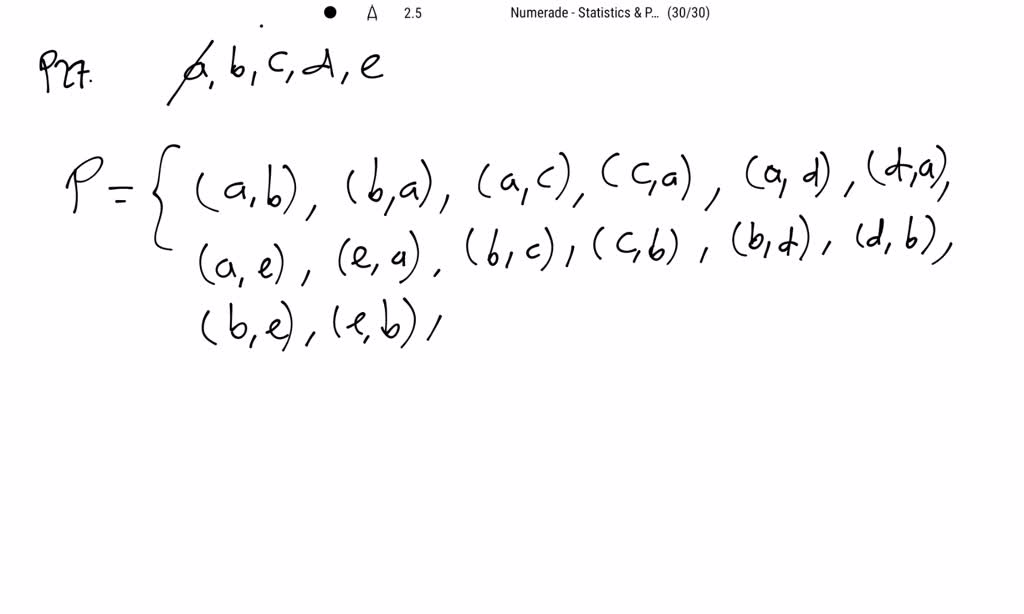


Though these concepts are very similar, probability theory holds that they have some important differences. What are your chances of winning the lottery?Īll of these questions can be answered using two of the most fundamental concepts in probability: combinations and permutations. If there are 8 swimmers in a race, how many different sets of 1st, 2nd, and 3rd place winners could there be?

It's simply saying you don't need a cluster of computers anymore.Combinations and permutationsIf you have 2 types of crust, 4 types of toppings, and 3 types of cheese, how many different pizza combinations can you make? No, your $120 Atom laptop isn't likely to meet that kind of hacking efficiency.
35 permute 3 password#
Using rainbow tables, it's now possible to crack a 64-character password within 4 minutes on a single computer. If you're looking at this from a security standpoint, use a long run-on phrase for a more challenging time being cracked. Password entropy makes this even more fun as we demonstrate that the entropy of password Wow, no rule against using humanly recognized words? (That was a common rule early-mid 2000s) The password rules themselves actually make a weaker password than the mathematically possible $96^8$. If people use all lowercase because rules don't force them to use something else, yes, their password is weaker being all lowercase, because I can probe the password based on just lowercase ($26^8$). Or per this example, $96^8=6634204312890625$īased on 8 characters of anything you can type, the answer is as simple as above.Īs stated in a more convoluted, albeit more descriptively accurate, the number changes based on password requirements.įrom a hacker / pentester perspective, entropy is stronger than mental complexity. For instance, an all-digit password was remove three times in the first step, then put back three times in the second step, so it must be removed again: You must add back all passwords with:īut then you added back a few passwords too many times. Then remove all passwords with no lowercase ($69^8$), all passwords with no uppercase ($69^8$), all passwords with no digit ($85^8$) and all passwords with no special character ($62^8$).īut then you removed some passwords twice. Start with all $8$-character strings: $95^8$ But it should contain at least one of the specified characters set (upper case, lower case, symbol, no., etc.). it could start with small letter, symbol, etc.). The password policy requires at least one of the listed above ascii characters. The general formula for the possible passwords that I can from from these 95 characters is: $95^8$.īut, accurately, I feel the above formula is incorrect.

The password must contain at least one of the following: (lower case letters, upper case letters, digits, punctuations, special characters).Īssume I have 95 ascii characters (lower case letters, upper case letters, digits, punctuations, special characters). I need to calculate the possible combinations for 8 characters password.


 0 kommentar(er)
0 kommentar(er)
